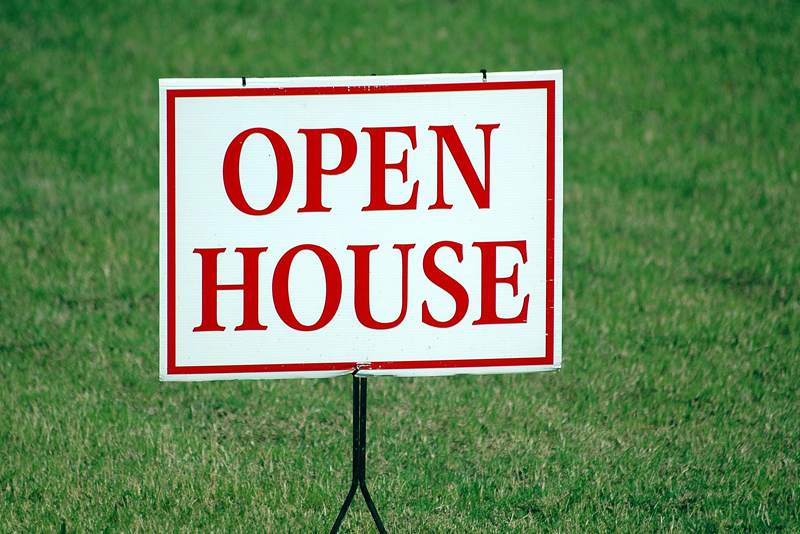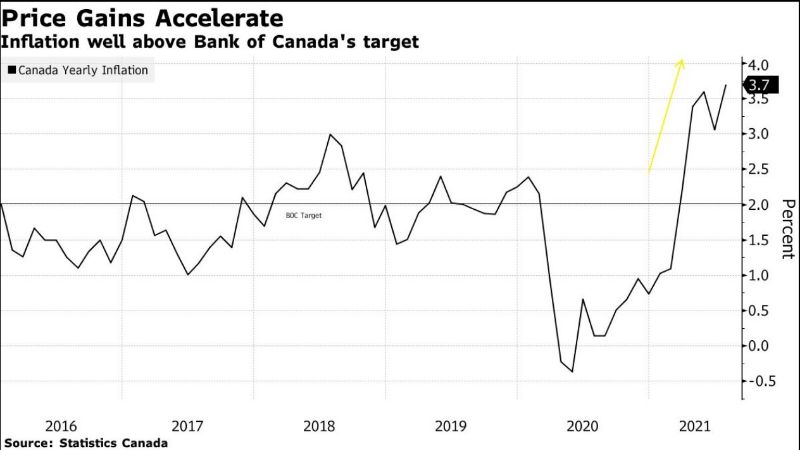One of the big questions when getting a mortgage is whether to get a fixed or variable rate. This can be an extremely daunting question, particularly when interest rates can shoot up or down with little indication of how they will behave; at least this has been the case in the past- fortunately, our economy and interest rates have been fairly steady for a good while so now is the time to really take all the variables into consideration when making this decision.
First, it is crucial that you understand the differences between fixed and variable rates.
1. Variable rate: Can vary from 6 months to 35 years and goes up and down depending on market fluctuations but has fixed payments. If the interest rate goes down, it means that the principal gets paid down; if interest rates go up, you are paying down the interest more than the principal.
2. Fixed rate: Can vary from 6 months to 35 years with fixed payments, meaning that you pay down the principal more so than the interest. The interest rate never changes, so you always know exactly how much you are going to pay for however long you have “locked it in”.
Now that you understand what each of the terms means, we can explore which is the best option for you. This has a lot to do with personality; some people require certainty and stability in all things and others are willing to take their chances with the unknown on the off chance that it will save them money in the long run. Here’s a breakdown of both options:
Variable Rate
Variable rate pros: Market fluctuation mean that dips in interest rated will save you money
Variable rate cons: Interest rates can skyrocket without warning, like they did back in the 1980’s, putting your financial future and security at risk.
Who should get one: People who don’t mind the uncertainty. Experienced real estate investors, people with a lot of disposable income, people with close relationships with their account managers
Who shouldn’t get one: Risk averse people, people who know little about the market and interest rates. People who are unlikely to follow up on their options with the bank. People who don’t check their bank statements
Fixed Rate
Fixed rate pros: You always know what you are getting, no surprises, ever. Plus you can make definitive budgets for all other aspects of your life without having to revise.
Fixed rate cons: If you lock in at a rate and then interest rates fall, you could miss out on some serious savings that will allow you to pay off your mortgage more quickly.
Who should get one: nervous people, people who have other significant investments hat fluctuate, people saving towards something, people with limited wiggle room in their budgets who like to be able to plan for vacations or large purchases with a high degree of accuracy.
Who shouldn’t get one: People who want to pay off a mortgage before the term is up.
An important thing to remember is that nothing is written in stone. You can always renegotiate your mortgage with your bank if you need to. In some cases, there will be fees and penalties; in other cases not, it all comes down to the agreement you make with your lender and what kind of terms you can negotiate with your lender. For the best possible result, it’s best to consult an experienced and knowledgeable mortgage broker like me.



